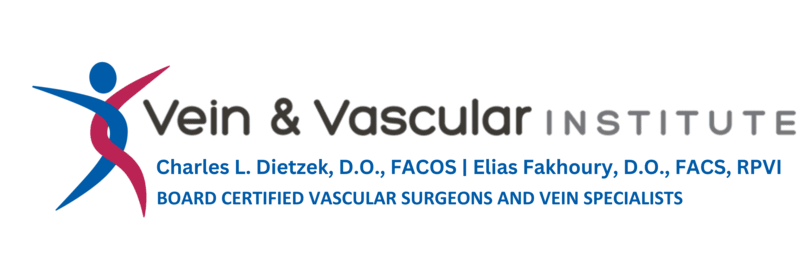Your body undergoes a lot of changes during pregnancy. Of course, you expect your stomach to expand and grow, but did you know that you are also at greater risk of developing varicose veins? About 40% of pregnant women develop these unsightly veins. Fortunately, there are effective ways to prevent varicose veins during pregnancy.
Table of Contents
ToggleCauses of Varicose Veins during Pregnancy
Your veins deliver deoxygenated blood back to your heart. When your vein walls become weaker, blood tends to pool in place. This causes your veins to bulge and becomes “varicose,” meaning that they become unsightly, ropey, blue, or purple bulging veins.
Anyone can get varicose veins, but pregnant women are at particular risk. During pregnancy, the total volume of your blood increases. At the same time, the rate at which your leg veins pump blood back to the heart decreases. This increases pressure on your veins, causing them to become enlarged. Your legs and groin are the most likely places for varicose veins to form. During pregnancy, some women also develop varicose veins on their buttocks or vagina. Technically, these veins can form anywhere on your body.
How to Prevent Varicose Veins during Pregnancy
The good news is that there are ways to prevent varicose veins from developing during pregnancy. Take the following steps to prevent varicose veins:
- Avoid standing or sitting for long periods of time. If you stand or sit a lot at work, walk around and take plenty of breaks to change position.
- Steer clear of high heels. Flats or lower heeled shoes are your friends during pregnancy.
- Exercise frequently. Regular aerobic exercise keeps your circulatory system in optimal shape, keeping your veins strong and elastic. Your medical provider will advise you about safe exercise for you.
- Wear support hosiery. Compression stockings or other support garments are a great idea for women, particularly in the third trimester of pregnancy.
- Stop crossing your legs while sitting. This puts excess pressure on your veins.
- Drink plenty of water. Drinking lots of water is good for your entire body, including your veins.
- Decrease your sodium consumption. Eating too much sodium increases your blood pressure and risk of varicose veins.
Vein Treatments during Pregnancy
The good news is that varicose veins often go away in the weeks following the delivery of your baby. However, having varicose veins during pregnancy places you at increased risk of future vein problems. One study found that among patients with chronic venous insufficiency (a common vein disorder), 58% said pregnancy was a contributor.
This means that even if your varicose veins go away once your pregnancy is over, you may develop more in the future. Should this happen to you, there are effective vein treatments that can make veins disappear. Visit a vein doctor right away to find out what options make the most sense for you.a
